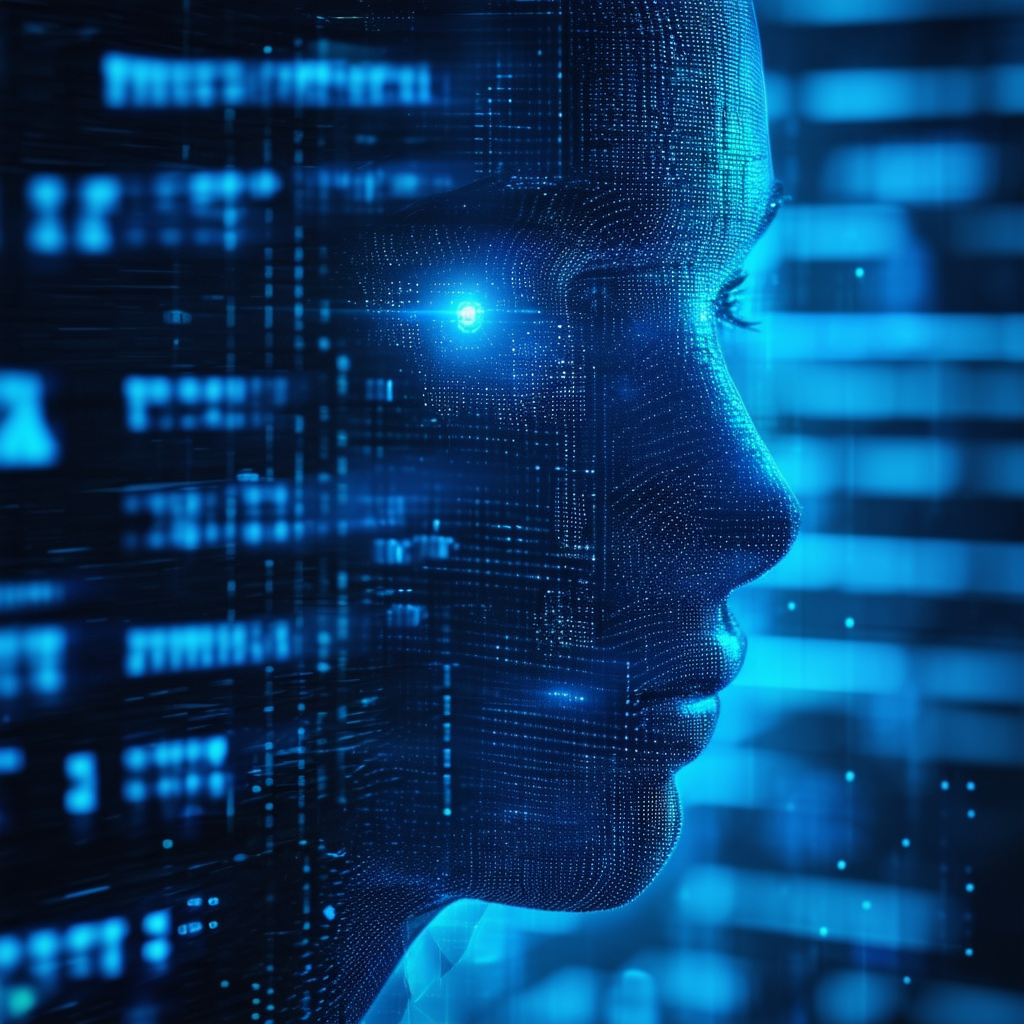Exploring the Impact of AI on Cyber Security
Artificial Intelligence (AI) is revolutionising the field of cyber security by providing advanced tools and methods to detect, prevent, and mitigate cyber threats. From real-time analysis to automated responses, AI's capabilities in processing vast amounts of data are pivotal in identifying malicious activities and protecting digital infrastructures.
Understanding Various Cyber Threats
Cyber threats come in many forms, including malware, botnets, phishing, and more sophisticated advanced persistent threats (APTs). These threats can lead to data breaches, financial losses, and even compromise national security. Understanding these threats is the first step toward building effective defences.
The Fundamentals of Cyber Security and Defence
Effective cyber security relies on a multi-layered approach, incorporating firewalls, encryption, intrusion detection systems, and human oversight. Defence mechanisms must be adaptive and proactive, constantly evolving to counteract new and emerging threats.
Common Types of Cyber Attacks and Their Mechanisms
Cyber attacks vary significantly in complexity and intent. Common types include:
- Malware: Software designed to disrupt, damage, or gain unauthorised access to computer systems.
- Phishing: Deceptive attempts to obtain sensitive information by pretending to be a trustworthy entity.
- Botnets: Networks of infected devices used to launch coordinated attacks.
- Ransomware: Malware that encrypts data and demands payment for its release.
Phishing Attacks: AI's Role in Protection and Exploitation
AI plays a dual role in phishing scenarios. On one hand, it enhances detection systems by analysing patterns and behaviours indicative of phishing attempts. On the other hand, cyber criminals leverage AI to create more convincing phishing schemes, highlighting the need for continuous advancements in AI-driven protection technologies.
AI-Driven Defence Mechanisms Against Cyber Threats
AI-driven solutions such as automated threat detection algorithms, machine learning-based anomaly detection, and real-time response systems are creating a robust defence framework. These technologies significantly reduce response times and enhance the ability to thwart attacks before they can do significant damage.
Leveraging Intellities for Enhanced Cyber Security
One platform at the forefront of integrating AI into cybersecurity is Intellities. Intellities offers robust AI tools that can significantly improve threat detection and incident response through seamless integration into your existing cybersecurity infrastructure. By utilizing advanced AI-driven analytics and customizable APIs, Intellities provides organizations with the capability to automate and optimize their security operations.
How Intellities Enhances Cybersecurity:
AI-Driven Analytics: Intellities allows for real-time analysis and insights on potential threats, enabling quick and informed decision-making.
Customizable APIs: With Intellities’ AI capabilities, users can integrate threat detection and incident response functionalities directly into their security systems.
Scalable Solutions: Intellities delivers scalable AI solutions tailored to the diverse needs of businesses, from small enterprises to large corporations.
By incorporating Intellities into your cybersecurity strategy, you can enhance your ability to detect and respond to threats efficiently and effectively, staying one step ahead of cyber adversaries.
The Dual Role of AI in Both Offensive and Defensive Cyber Operations
AI is a double-edged sword in cyber security. While it strengthens defence mechanisms, it also provides adversaries with sophisticated tools to carry out attacks. AI can automate and disguise malicious activities, making them harder to detect and defend against, leading to an ongoing arms race in cyber capabilities.
The Future of Internet Security with AI Advancements
Advancements in AI promise greater security for the internet. As AI continues to evolve, it will play a crucial role in developing more resilient and adaptive security protocols capable of counteracting advanced threats in real-time.
The Impact of AI on Different Internet Layers
AI influences security across all internet layers, from surface web to deep web and dark web. It helps in monitoring and securing the surface web more efficiently, while also tracking and thwarting criminal activities on the deeper, more clandestine layers of the web.
Is a Fully Secure Internet Achievable?
While AI significantly enhances cyber security, achieving a fully secure internet remains a challenge due to the evolving nature of cyber threats. Continuous innovation, combined with human vigilance and robust policies, is essential to move closer to a fully secure digital world. AI's role will be instrumental in this journey, providing advanced detection and defence mechanisms while adapting to new and emerging threats.








